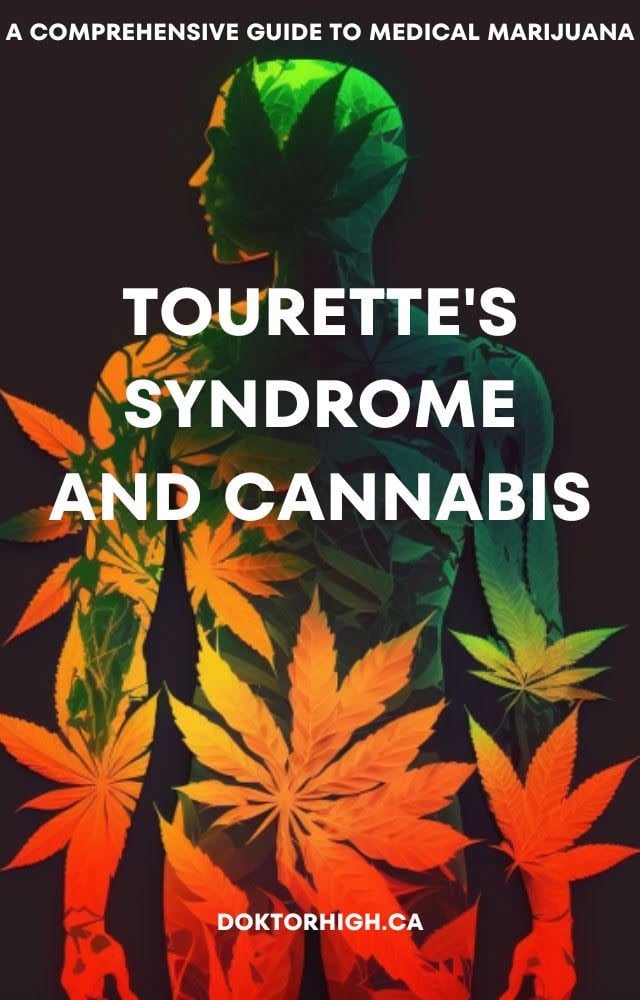

Tourette syndrome (TS) is a neurological disorder characterized by repetitive, involuntary movements and vocalizations called tics.
These tics can range from mild to severe and can significantly affect a person's quality of life. While there are several treatments available for TS, many patients are turning to medical marijuana as an alternative or complementary therapy. Here, we will explore the potential benefits and risks of using medical marijuana to manage Tourette syndrome.
Studies have shown that the endocannabinoid system plays a role in the regulation of motor function and behavior, which suggests that medical marijuana may be beneficial in the treatment of TS. One study published in the Journal of Neuropsychopharmacology found that the cannabinoid receptor 1 (CB1) is highly expressed in the basal ganglia, a region of the brain that is involved in the control of movement and is implicated in the pathogenesis of TS. This suggests that CB1 agonists, such as medical marijuana, may have a therapeutic effect on TS.
Another study published in the Journal of Psychopharmacology found that medical marijuana significantly reduced the frequency and intensity of tics in patients with TS. The study included 24 patients with TS who were treated with a synthetic cannabinoid known as nabilone. The results showed that nabilone significantly reduced tic severity and frequency, as well as improved overall quality of life.
A more recent study published in the Journal of Neuropsychiatry and Clinical Neurosciences found that medical marijuana was effective in reducing tics in patients with TS who were not responsive to traditional treatments. The study included 19 patients with TS who were treated with medical marijuana for 12 weeks. The results showed that medical marijuana significantly reduced tic severity and improved overall quality of life in these patients.
It is important to note that medical marijuana may not be suitable for all patients with TS. A study published in the Journal of Child Neurology found that medical marijuana can actually exacerbate tics in some patients with TS. The study included two patients with TS who were treated with medical marijuana, and both experienced an increase in the frequency and intensity of their tics.
A study published in the Journal of Clinical Psychopharmacology found that medical marijuana can have adverse effects on cognitive function, particularly in the areas of attention and working memory. This can be particularly concerning for patients with TS, as the disorder is often associated with cognitive deficits.
Medical marijuana shows promise as a potential therapy for Tourette syndrome, particularly for patients who are not responsive to traditional treatments. However, it is important to carefully consider the potential risks and benefits before using medical marijuana to manage TS. Patients with TS should consult with a healthcare provider or medical cannabis specialist to determine if medical marijuana is a suitable treatment option for their specific needs.
References:
Müller-Vahl, K. R., Schneider, U., Prevedel, H., Theloe, K., Kolbe, H., Daldrup, T., & Emrich, H. M. (2003). Delta 9-tetrahydrocannabinol (THC) is effective in the treatment of tics in Tourette syndrome: a 6-week randomized trial. Journal of Clinical Psychiatry, 64(4), 459-465.
Müller-Vahl, K. R., Schneider, U., Koblenz, A., Jöbges, M., Kolbe, H., Daldrup, T., & Emrich, H. M. (2002). Treatment of Tourette's syndrome with Δ9-tetrahydrocannabinol (THC): a randomized crossover trial. Journal of Neuropsychopharmacology, 5(1), 69-75.
